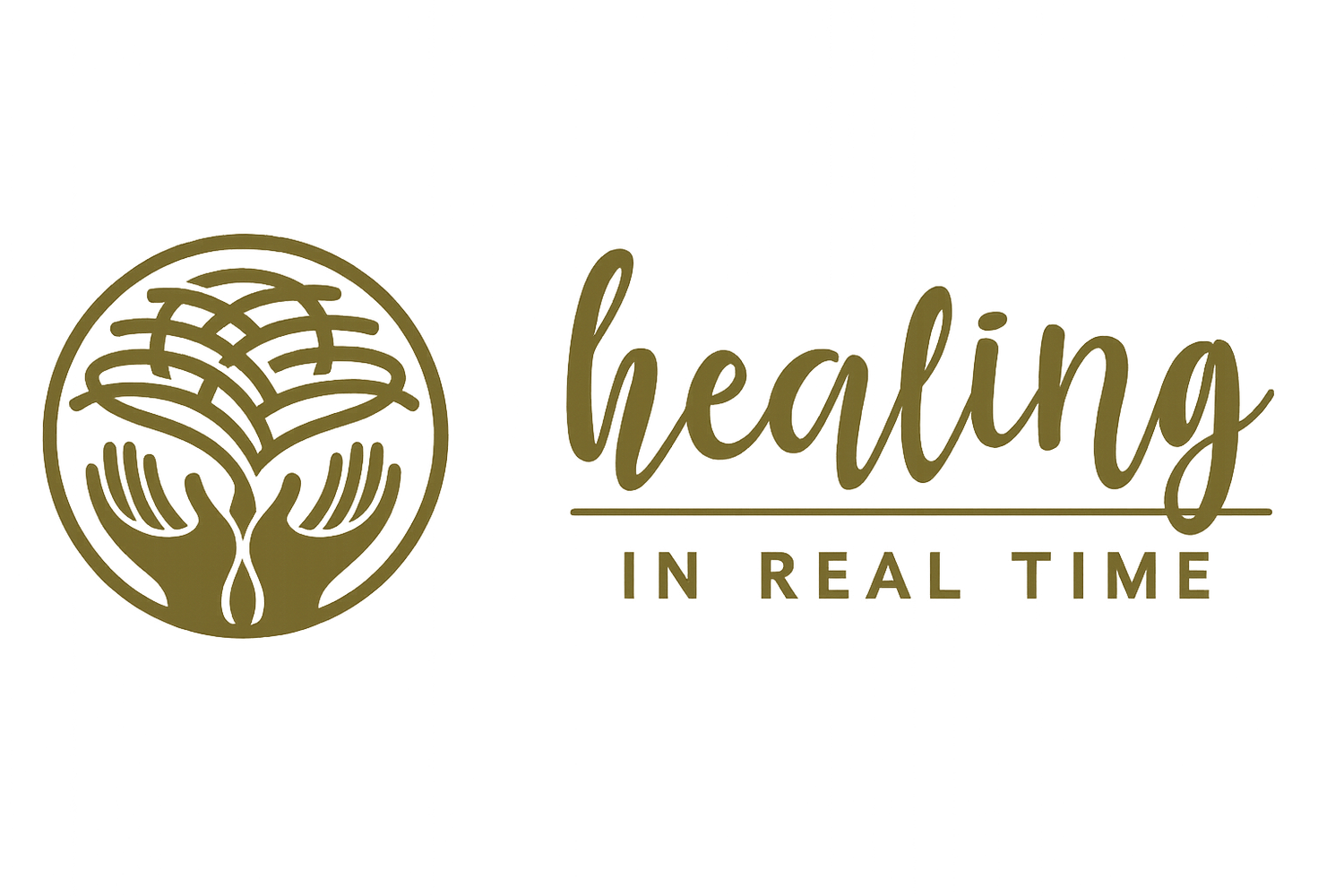The Button That Built Me.
I grew up in a home where my basic needs were met. They showed up to school events, dance recitals, made sure I had birthday gifts. From the outside, it looked like love. And in many ways, it was.
But love without attunement is not safety. Presence without emotional connection is not healing. And care without curiosity, about who I was, what I felt, what I needed, is not enough.
Three months into my very first therapy session as an adult, my first therapist paused mid-session and said something that changed everything. She told me we all have buttons, emotional triggers that get pushed when life happens. Some are positive, some are painful. But beneath them all, there’s usually one central button. The one that hums beneath the surface, shaping how we see ourselves and the world.
Then she looked at me and said, “Yours is ‘I’m not good enough.’”
I remember the silence that followed. The way my breath caught. The way her words felt less like a diagnosis and more like a mirror. I had spent my whole life trying to be good enough, good enough to be noticed, to be safe, to be loved. And suddenly, I understood why every compliment felt suspicious, why every mistake felt catastrophic, why I kept shrinking even when I longed to be seen.
Because in my family, mistakes weren’t moments for growth. They were spectacles.
Every time I messed up, the whole house knew. The whole extended family knew. And they didn’t forget. They didn’t let me forget. I was asked how hard it was to quit smoking for months after my parents found the cigarettes my freshman year of high school. I hadn’t even smoked them, I just wanted to look cool. But the shame stuck. And years later, I actually did form a nicotine addiction. Not because I was rebellious. Because shame had already written the story, and I just stepped into the role.
In my senior year of high school, my mother kicked me out. I moved in with a friend. She told me I wouldn’t make it to Easter break. That if I did, I definitely wouldn’t graduate. But I did make it. I did graduate. I got into college. And still, her voice echoed. Humiliation as motivation. Shame as parenting. Control as love.
She believed that if she wasn’t delegating every aspect of my life, I would fail. That I needed her to succeed. That humiliation would fix me. But it didn’t. It just taught me to hide. To lie. To shrink. To never tell her when something was wrong. Because being honest meant being humiliated. But honestly so did telling the truth.
Needing her help also meant being humiliated and scolded for ever needing her at all. No matter what I did, she loved to make me feel small.
And all of it, the mocking, the exile, the control, was building that central button. “I’m not good enough.” Not good enough to be trusted. Not good enough to be safe. Not good enough to be loved without conditions.
Emotional neglect doesn’t scream. It whispers. It teaches you that your feelings are too much, your needs are inconvenient, your inner world invisible. And when the world looks at your family and says, “But they loved you,” you start to question your own reality.
Now at 26, I don’t feel like I fit anywhere. I apologize too often or sometimes not enough. I lack accountability when it counts, and I take on guilt where it doesn’t make sense. I lowered my expectations and get called low-maintenance, but in reality, I just don’t feel safe ever admitting that I don’t have a grasp on anything. I can’t accept love at face value because there’s a part of me that screams, “No one could ever love you.” It’s hard to ignore when you have a mother who couldn’t even love you for who you are.
I’m writing this for anyone who feels unseen in their pain. For those who were told they were lucky, while quietly grieving the connection they never had. For those who learned to parent themselves before they even understood what parenting meant.
Emotional neglect is real. It’s valid. And it deserves to be named without dismissal.

